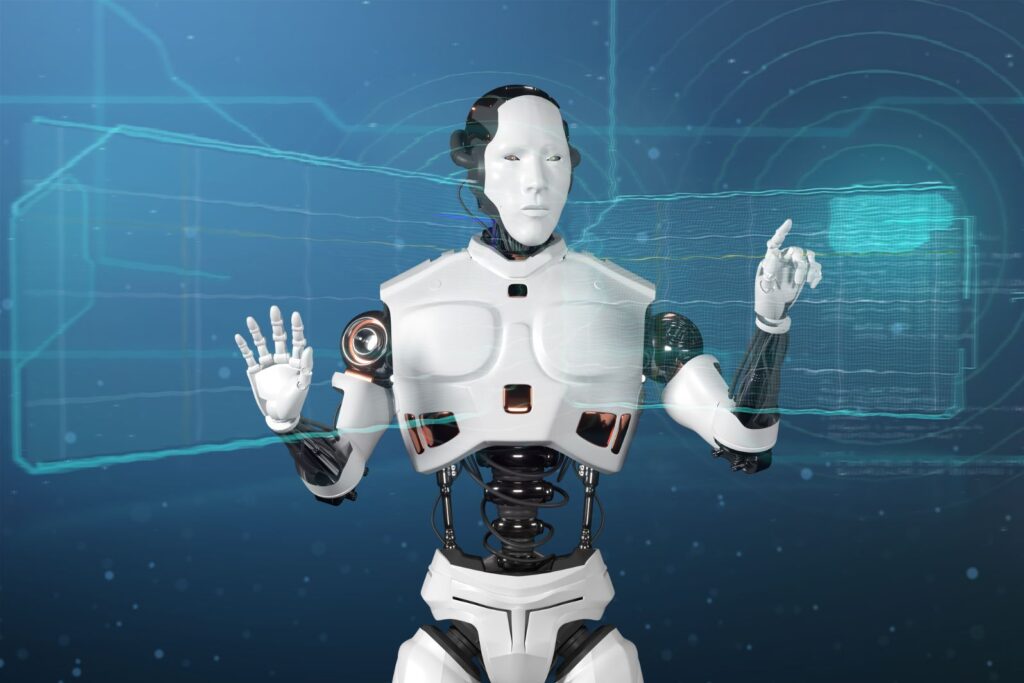Artificial intelligence (AI) has become a ubiquitous term, whispered in boardrooms, splashed across headlines, and even starring in Hollywood blockbusters. But amidst the hype and fear-mongering, what does AI truly hold for our future? Is it a benevolent force destined to usher in a golden age, or a harbinger of dystopian nightmares? As with any powerful technology, the answer is likely somewhere in between.
AI’s undeniable potential:
AI’s capabilities are vast and diverse. From self-driving cars to medical diagnosis, language translation to personalized education, AI is already transforming numerous industries. Its ability to analyze vast amounts of data, learn from experience, and make complex decisions can revolutionize fields previously thought to be the exclusive domain of humans.
Imagine AI-powered systems diagnosing diseases at an early stage, tailoring educational programs to individual learning styles, or even designing sustainable solutions to global challenges. These are just a glimpse of the positive impact AI could have on our lives.
Navigating the ethical minefield:
However, with great power comes great responsibility. The ethical implications of AI cannot be ignored. Issues like job displacement, algorithmic bias, and the potential for autonomous weapons raise serious concerns. It’s crucial to develop AI responsibly, ensuring transparency, accountability, and alignment with human values.
The human-AI partnership:
Instead of fearing AI as a replacement, we should view it as a powerful tool to augment our capabilities. AI can handle repetitive tasks, freeing us to focus on creativity, innovation, and the uniquely human aspects of life. The true potential lies in harnessing AI’s strengths while leveraging our own human values and empathy.
The future is collaborative:
The future of AI is not predetermined. It depends on the choices we make today. By fostering responsible development, promoting public understanding, and prioritizing ethical considerations, we can ensure that AI becomes a force for good, empowering us to build a better future for all.
Remember: This is just a starting point. You can customize this article further by:
- Specifying a particular aspect of AI: Focus on a specific area like AI in healthcare, education, or entertainment.
- Adding a personal touch: Share your own thoughts and experiences with AI.
- Including specific examples: Provide concrete examples of how AI is already being used or could be used in the future.
- Encouraging discussion: Pose questions and encourage readers to think critically about the potential of AI.
By taking these steps, you can create an engaging and informative article that sparks valuable conversations about the future of AI.tunesharemore_vert
